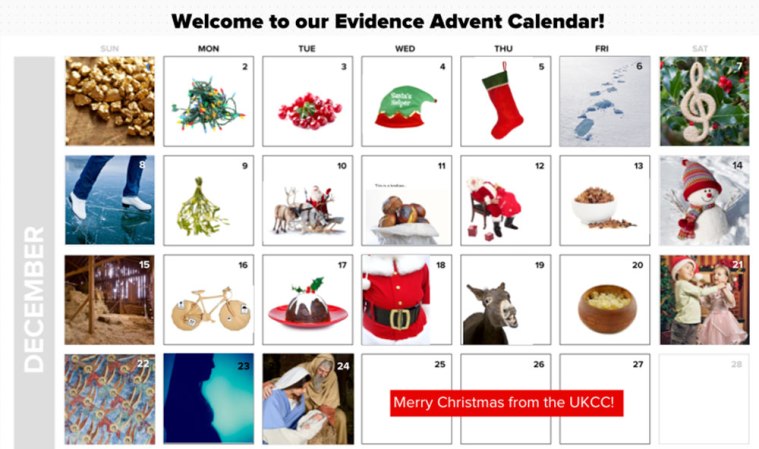Contrary to what you might expect, you’ll have to wait until the end for the mystery, though in truth missing data and important questions that remain unanswered could also be labelled as that, and this is where I start.
My last blog was a round-up of new and updated reviews on asthma and I begin this one with another offering from the Cochrane Airways Group (do these people never take a day off?). It’s another tale of what we still don’t know, this time about a class of anti-inflammatory drugs called anti-leukotrines. For managing mild persistent asthma in children, low-dose inhaled corticosteroids (ICS) are recommended, but if symptoms aren’t well controlled with ICS then anti-leukotrines may be added. Almost ten years ago, a Cochrane review was published which pulled together the available evidence on the safety and effectiveness of this treatment for adults and children and found very little to go on, with just two small trials with children. Now a review has been published which looked for trials involving children (any age below 18) and finds we’re not much further on.
Continue reading →


